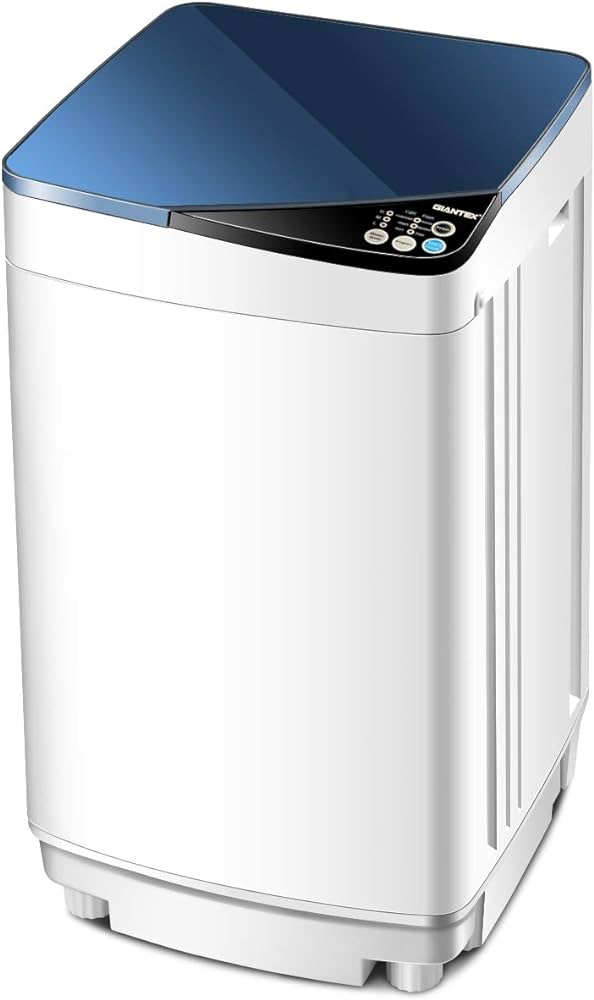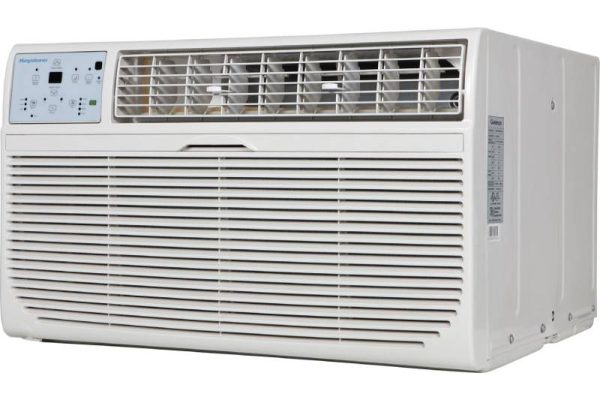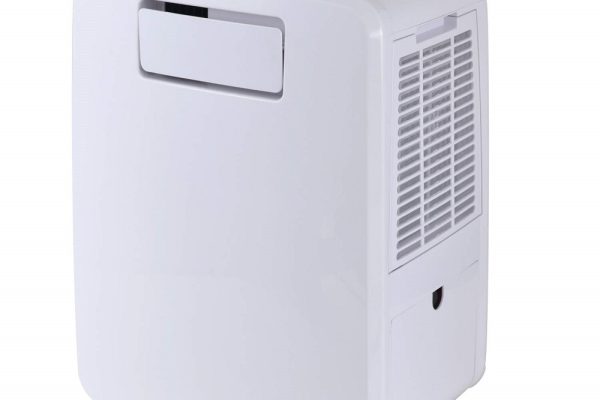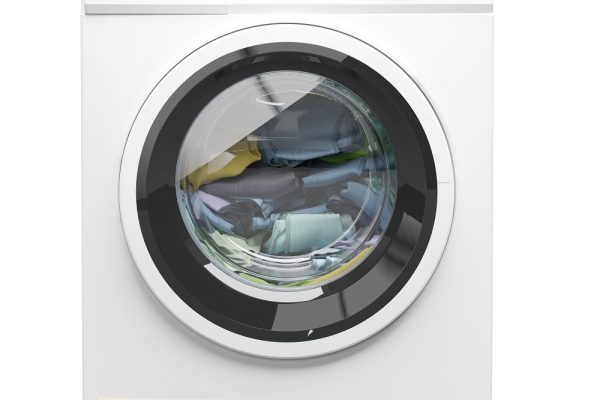Introduction
The washing machine is a vital appliance for cleaning clothes, and the choice of detergent plays a significant role in achieving effective results. While dish soap is designed for cleaning dishes and utensils, some people may wonder if it can be used as a substitute for laundry detergent in the washing machine. In this guide, we will explore what happens when dish soap is used in the washing machine, discussing its effects on clothes, the machine, and the overall washing process. By understanding the implications of using dish soap in the washing machine, you can make informed decisions and ensure the longevity and cleanliness of your clothes.
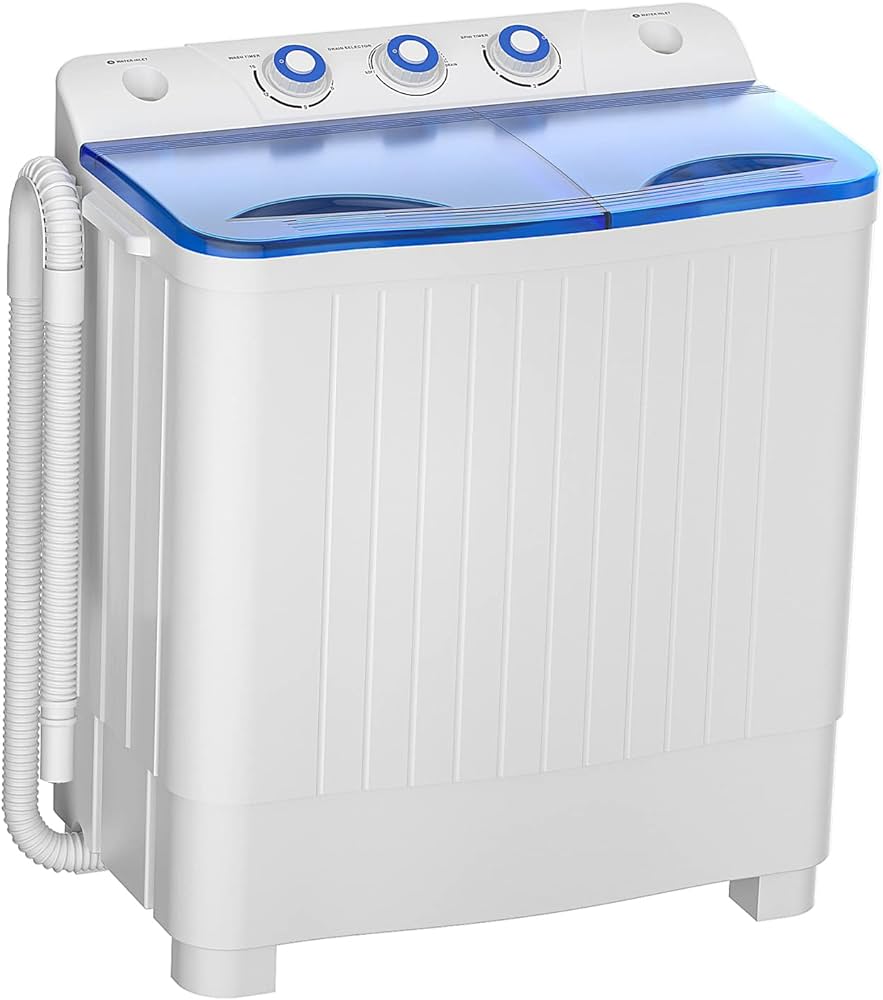
What happens if I put dish soap in the washing machine?
Effects on Clothes
1.1. Residue and Buildup
Using dish soap in the washing machine can leave behind a residue on clothes. Dish soap formulas are designed to remove grease and food particles, which can cling to fabrics and cause a greasy or sticky residue. This residue may make clothes look dull, feel stiff, or lead to skin irritations.
1.2. Color Fading or Bleaching
Dish soaps are not formulated to protect or preserve colors in the same way as laundry detergents. The harsher chemicals in dish soap can cause colors to fade or bleach, resulting in a loss of vibrancy or unwanted discoloration.
1.3. Fabric Damage
Some dish soaps contain enzymes or additives that may be too harsh for certain fabrics. Delicate or sensitive fabrics, such as silk, wool, or lace, are particularly vulnerable to damage when exposed to dish soap. The enzymes or detergent agents in dish soap can weaken the fibers, causing fabric stretching, pilling, or even holes.
Effects on the Washing Machine
2.1. Overfoaming
Dish soaps are designed to produce a high amount of suds to tackle grease and food residue. When used in a washing machine, the excessive suds can overwhelm the machine’s capacity and interfere with the washing process. The excess foam can overflow from the machine, potentially causing damage and requiring additional cleaning and maintenance.
2.2. Clogged Filters and Drains
The excessive suds generated by dish soap can also lead to clogging in the machine’s filters and drains. The buildup of soap residue can obstruct the proper flow of water, resulting in reduced washing efficiency and potential damage to the machine’s components.
2.3. Deteriorated Seals and Gaskets
The harsh chemicals and enzymes present in dish soap can deteriorate the rubber seals and gaskets in the washing machine. Over time, this can cause leaks or damage to the machine’s internal mechanisms, leading to costly repairs or even the need for a replacement.
Cleaning Efficiency
3.1. Insufficient Cleaning Power
Laundry detergents are specifically formulated to remove dirt, stains, and odors from clothes. They contain enzymes and surfactants tailored to break down specific types of stains and ensure effective cleaning. Dish soaps, on the other hand, may not possess the same cleaning power for laundry purposes. They may struggle to remove tough stains or odors, resulting in subpar cleaning results.
3.2. Incomplete Rinse Cycle
Dish soaps may not rinse out as effectively as laundry detergents. They can leave behind soapy residue on clothes, even after multiple rinse cycles. This can lead to a sticky or greasy feeling on garments and potentially cause skin irritations or allergic reactions.
Considerations for Emergency Situations
4.1. Temporary Solution
In emergency situations where laundry detergent is not readily available, using dish soap as a temporary substitute in the washing machine can be considered. However, it is important to be aware of the potential consequences and take necessary precautions to minimize negative effects.
4.2. Proper Dosage and Dilution
If using dish soap as a substitute, it is crucial to use the appropriate dosage and dilute it adequately. Using too much dish soap can lead to excessive sudsing and potential damage to the machine. Follow the manufacturer’s instructions for dish soap usage and adjust the amount based on the load size and water hardness.
4.3. Extra Rinsing
To minimize the risk of residue buildup, it is advisable to run additional rinse cycles when using dish soap in the washing machine. This can help ensure that as much soap as possible is rinsed out from the clothes, reducing the potential for skin irritations or fabric damage.
Proper Laundry Detergent Selection
5.1. Suitable for Fabric Types
Laundry detergents are formulated to accommodate various fabric types and their specific cleaning requirements. They offer different formulations for delicate fabrics, whites, colors, or specific stain types. Choosing the appropriate laundry detergent ensures optimal cleaning results while protecting the integrity of the fabrics.
5.2. Consideration of Special Needs
Individuals with allergies or sensitivities may want to opt for hypoallergenic or fragrance-free laundry detergents. These options are specifically designed to be gentle on the skin and minimize the risk of adverse reactions.
5.3. Maintaining the Washing Machine
Using the designated laundry detergent helps maintain the overall health and performance of the washing machine.
Conclusion
While dish soap can be a suitable cleaning agent for dishes and utensils, it is not designed for use in the washing machine. Utilizing dish soap in the washing machine can result in residue buildup on clothes, color fading or bleaching, and potential fabric damage. It can also lead to overfoaming, clogged filters and drains, and deteriorated seals and gaskets within the washing machine itself. Dish soap may lack the cleaning power and efficiency of laundry detergents, compromising the overall cleanliness of the clothes.
